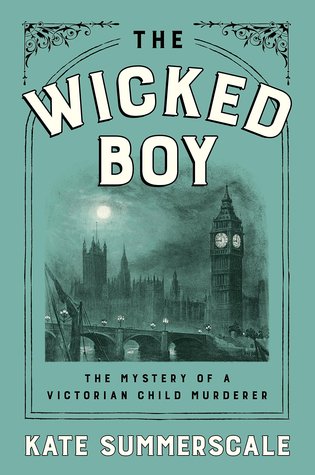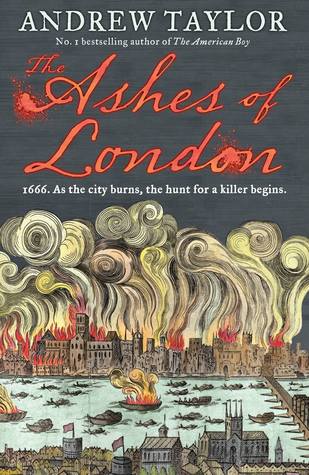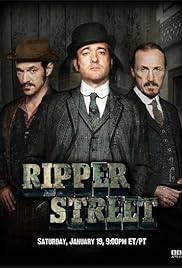**KillerWomenFestival** History and Mystery: Writing Murder in the Past





This session at the Killer Women Crime Writing Festival on 15th October 2016 was all about the process, challenge and experience of writing historical crime fiction or non fiction. The panel included Kate Colquhoun, D E Meredith, Kate Summerscale, Andrew Taylor and Fern Riddell. It was chaired by Alison Joseph. Here are some highlights from the discussion.
What appeals to you about the genre of Historical Fiction / Non Fiction?

- "Historical Fiction is like punching a hole in time and looking through....it allows us to be nosy and look at how people really lived." Kate Colquhoun
- "I like opening up a house or a family in a particularly extreme moment and seeing in, exploring the banal social detail as well as the drama of the intense events and feelings," Kate Summerscale
- "Ripper Street (the TV series on which Riddell consults) is not just about the impact of a crime on that criminal or victim, but also about how it impacts on the people and community around them and that is what makes it so fascinating, historically, socially and emotionally. In history we remember the best of times and the worst of times but not always the bits in between and this is often where the really interesting stories and characters can be found." Fern Riddell
Why do you think Historical Crime Fiction endures and appeals to modern day audiences?
- "It's like time travel. It's a chance to immerse yourself in a different world. To step back into another world." Kate Summerscale
- "The Victorian era was full of people fighting for causes in a rapidly changing world. The impact of science, politics, votes for women and the effects of the Industrial Revolution on society are fascinating and actually still very pertinent to today as we are still living in a tumultuous world on the brink of change. There is a huge resonance between today and the Victorian era and this immediately introduces a connection between readers and these people in the past." Denise Meredith
- "There are echoes of the past everywhere. After the fire of London in 1666, there were the equivalent of 2 million refugees from London. History is all around us still." Andrew Taylor
Why murder? What is the interest in reading about horrific crimes from the past?
- "It's our worst fear. The thing of nightmares. But also murder cases impose a shape to a narrative." Andrew Taylor
- "People like truth and justice. Catching a killer. Putting someone away. It's a puzzle that can be solved with a neat conclusion and a sense of completion. Modern life is not like this - neither are some modern criminal investigations!" Denise Meredith
- "Often crime is popular when actual crime figures are low or it's a period of rapid social change." Kate Colquhoun
- "People like to see how people deal with adversity. It's better to read about things happening to someone else!" Kate Colquhoun
To Research or Not Research? How long should you spend gathering material?
- "When writing an historical crime novel, don't get lost in the research. Write the story first, then research what you need to make it authentic- be wary of letting research hinder or distract the reader from your story." Denise Meredith
- "You can keep delving and delving eternally. Find something that intrigues you and make it into something which has a narrative pattern." Andrew Taylor
- "No one wants to read a social history when they pick up a fiction book. Don't educate. Use your research for details and authenticity." Kate Colquhoun
- "Don't make up anything - except a character -but keep that character based on real people, keep it authentic and believable." Denise Meredith
Can you ever take liberties with the truth?
- "There are things which are perceived inaccuracies, real inaccuracies and the truth. Often the perceived inaccuracies, and what people believe not to be true, are the best starting places for a story. Look for the surprises. Shock your audience with a that would never have happened moment, when actually, yes it did!" Denise Meredith
- "You cannot make things up. Always base your characters on real people and your writing has to be authentic for your novel to succeed." All the authors!
How do you plan a Historical Crime Novel?
- "Start with one very specific moment in history and find out everything you can. Use a pen and paper and keep notebooks full of lists under hashtags, key names and key dates." Fern Riddell
- "I'm a messy researcher and follow the internet and wherever my interest takes me. I'm out to have fun not teach history." Andrew Taylor
- "Excel Spreadsheets are very useful in imposing a structure and organising information." Andrew Taylor
- "Write your story first then do the research. You have to know what your chasing when you begin your research otherwise you'll get lost in your studying and lose the essence of the story." Denise Meredith
- "Assemble an enormous timeline that can be tens of thousand words long. Then mess about with the chronology and order in which your going to insert characters, events and information. The research starts once you start writing the story." Kate Summerscale
One of the particular challenges of writing historical fiction must be ensuring the dialogue is authentic. Any tips?
- "There are very few records available to show us how people really spoke so recreating dialogue is difficult and can sound forced or jarring. The best thing is follow Hilary Mantel's rule and aim for plain, unadorned modern English language, with the odd historical word added to give flavour." Andrew Taylor
- "Real voices can be found in testimonials from court cases when they have been recorded and these really help to bring the people to life." Kate Summerscale
- "Stumbling across a real voice in your research can be very emotional." Kate Colquhoun
ADDED TO MY TBR PILE:




For more recommendations, reviews and write ups about the Killer Women Festival, follow me on Twitter @katherinesunde3 (bibliomaniacuk)

What a fascinating post about one of my favourite subjects. As you know I like true Victorian crime as well as crime fiction so it's particularly interesting to read where these authors draw the line between fact and fiction.
ReplyDeleteThanks Cleo - I did think about you a lot during this talk! I hope you have found some good books to read from it too! Thanks for commenting!
Delete